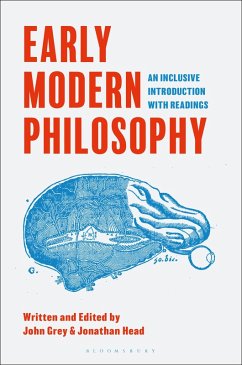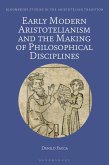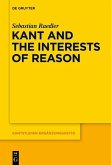For anyone in search of the philosophers who influenced one of the richest moments in Western intellectual history, this inclusive reader is the place to start.
Early Modern Philosophy showcases an unrivalled range of thinkers. Through them, you are introduced to a selection of their texts that return important philosophical ideas and debates to our understanding of modern philosophy. Addressing a one-sided view of intellectual history that has persisted for centuries, this reader goes beyond the usual focus on rationalism and empiricism with readings organised into three parts:
§ Dualistic theories of human nature as the union of a mind and a body
§ Debates concerning social relations and education
§ The nature of reality and the way in which the mind reveals or constructs our understanding of the world.
The thematic approach puts women philosophers and understudied figures in direct conversation with canonical thinkers. Chapters on dualism unite Descartes with Princess Elizabeth of Bohemia, Anne Conway with Leibniz and Margaret Cavendish with Thomas Hobbes. The nature of love connects John Norris, Mary Astell and Damaris Masham and the role of sympathy reveals the differing approaches of Sophie de Grouchy and David Hume.
Extracts from primary sources are accompanied by biographical detail, questions for reflection, further reading and summaries that place philosophers in their historical contexts.
Early Modern Philosophy showcases an unrivalled range of thinkers. Through them, you are introduced to a selection of their texts that return important philosophical ideas and debates to our understanding of modern philosophy. Addressing a one-sided view of intellectual history that has persisted for centuries, this reader goes beyond the usual focus on rationalism and empiricism with readings organised into three parts:
§ Dualistic theories of human nature as the union of a mind and a body
§ Debates concerning social relations and education
§ The nature of reality and the way in which the mind reveals or constructs our understanding of the world.
The thematic approach puts women philosophers and understudied figures in direct conversation with canonical thinkers. Chapters on dualism unite Descartes with Princess Elizabeth of Bohemia, Anne Conway with Leibniz and Margaret Cavendish with Thomas Hobbes. The nature of love connects John Norris, Mary Astell and Damaris Masham and the role of sympathy reveals the differing approaches of Sophie de Grouchy and David Hume.
Extracts from primary sources are accompanied by biographical detail, questions for reflection, further reading and summaries that place philosophers in their historical contexts.









